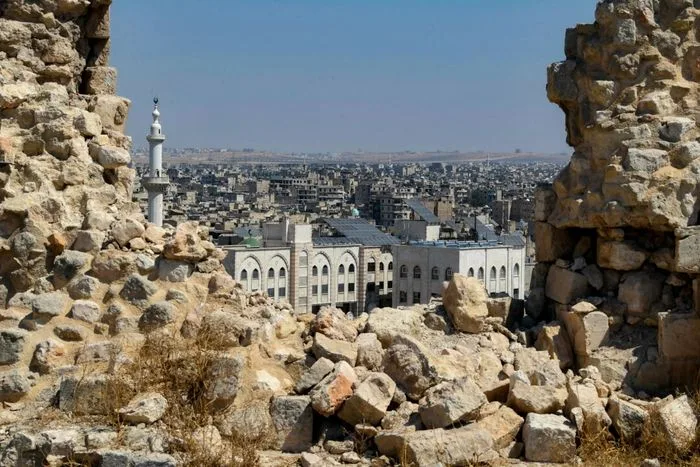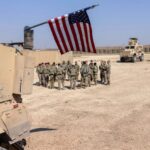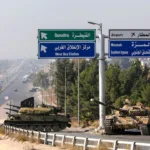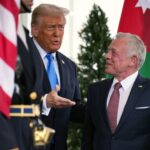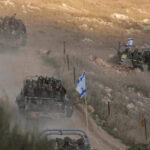By Adam Morrow
The Syrian government has agreed to a cease-fire with the Syrian Democratic Forces (SDF), a U.S.-backed, Kurdish-led armed group, after clashes erupted over the weekend in the northwestern city of Aleppo.
Syrian Defense Minister Murhaf Abu Qasra said on Oct. 7 that he had met SDF commander Mazloum Abdi in Damascus, where they had agreed on a “comprehensive ceasefire … in northern and northeastern Syria.”
Implementation of the truce agreement “will begin immediately,” Abu Qasra wrote in a post on X.
The SDF was established in 2015 and helped U.S. forces deployed in the region to combat the ISIS terrorist group.
Since then, the SDF has carved out a sizable area of northeastern Syria where the central government in Damascus exerts little control.
In recent weeks, tensions have mounted between the SDF and Damascus despite an agreement signed in March that had called for integrating the Kurdish-led group into Syrian state institutions.
Those tensions erupted over the weekend when SDF fighters clashed with government forces in two Kurdish districts of Aleppo.
Damascus accused the SDF of staging attacks on security checkpoints on the city’s outskirts, killing one security officer and injuring three others.
According to Syria’s state-run SANA news agency, several civilians were also injured when the SDF targeted residential areas with machinegun and mortar fire.
SDF spokesman Farhad Shami denied the claims, saying the violence had been initiated by “factions affiliated with the interim government in Damascus.”
In remarks cited by Rudaw, an Iraqi-Kurdish news agency based in Erbil, Shami blamed the violence in Aleppo on “provocations” by Damascus-affiliated groups.
Rudaw also quoted the Asayish, a local Kurdish security force, as saying that it had repelled a wide-scale attack by forces aligned with Damascus.
As with the SDF, the Asayish works within the framework of the Democratic Autonomous Administration of North and East Syria, a Kurdish administrative body that functions independently of Syria’s central government.
On Oct. 6, Syria’s Ministry of Defense said that recent movements by its forces in northern Syria had been part of a planned redeployment and did not amount to the launch of fresh military operations.
In a statement cited by SANA, the ministry said it had repositioned its forces following repeated attacks by the SDF on civilians and military personnel.
The Epoch Times could not independently verify claims made by either side.
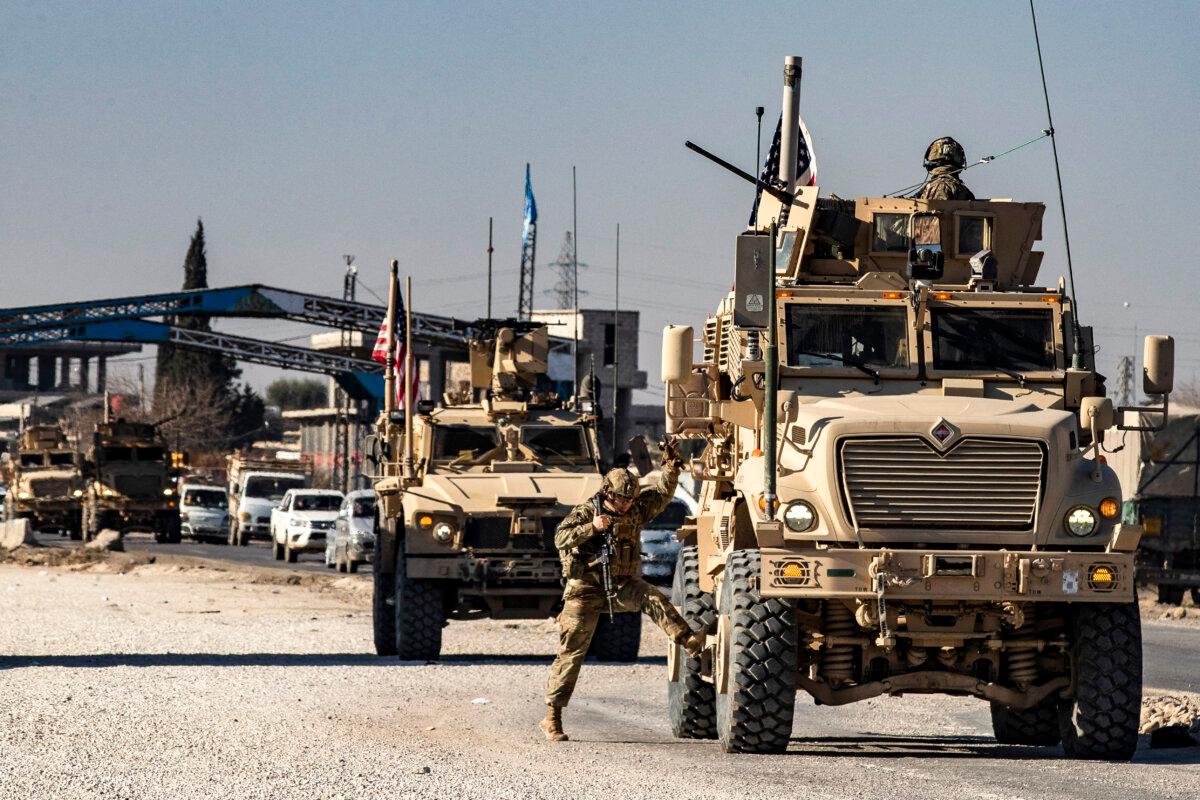
Autonomy Calls
In March, Abdi, the SDF commander, met with Syrian President Ahmed al-Sharaa in Damascus, where they signed an agreement to merge the SDF with Syria’s security apparatus.
The deal also called for SDF-held facilities—including border crossings, an airport, and oil and gas fields—to be brought under the control of the government.
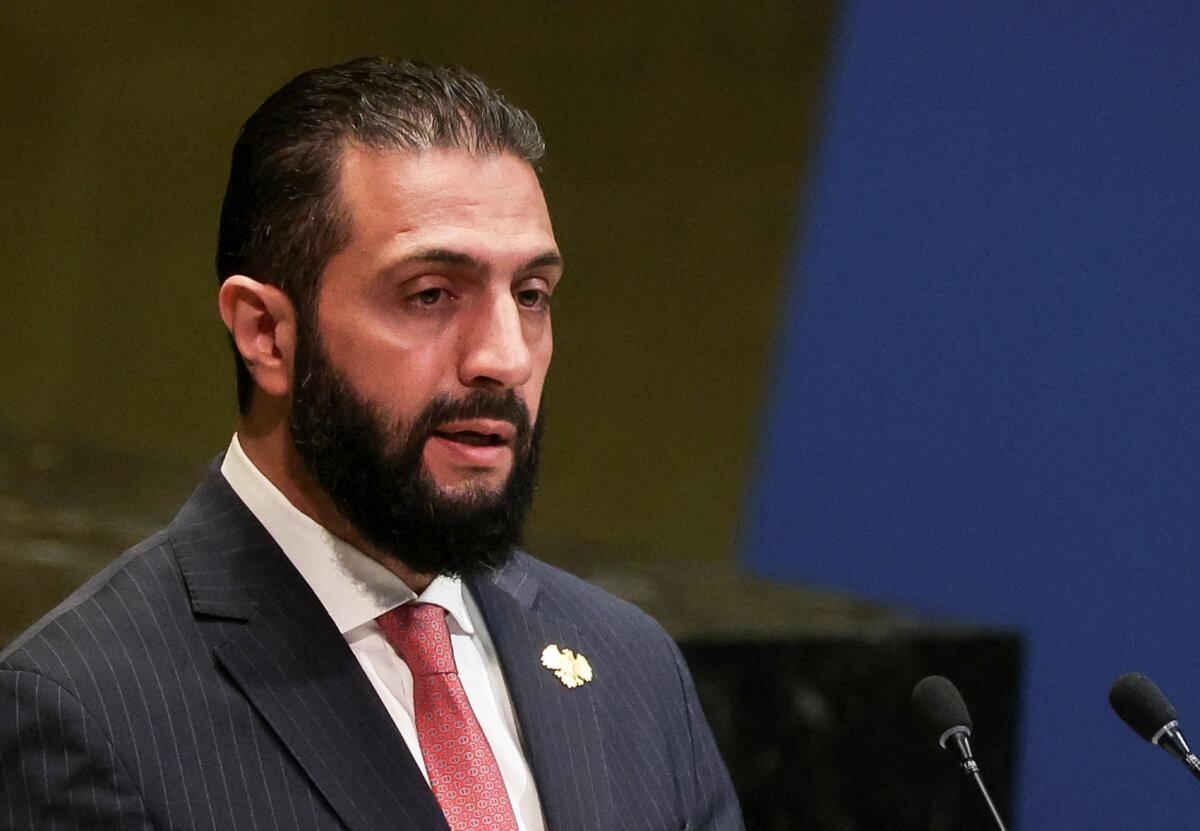
The deal was thrown into limbo in April, when Kurdish groups from across the region—including the SDF—issued a joint proclamation calling for Kurdish autonomy in northeastern Syria within the framework of a decentralized Syrian state.
Damascus was quick to reject the call, describing any threat to Syria’s territorial integrity as a red line.
“We clearly reject any attempt to impose a partition or create separatist cantons under the terms of federalism or self-autonomy without a national consensus,” al-Sharaa’s office said at the time.
Turkey, which is closely aligned with Damascus and views the SDF as a terrorist group, also vehemently rejects the idea of Kurdish autonomy in Syria.
Ankara has threatened the SDF with military action if it does not integrate itself into the Syrian state apparatus in line with the March agreement.
“We have engaged all channels of diplomacy both to preserve Syria’s territorial integrity and prevent a terrorist structure from forming across our borders,” Turkish President Recep Tayyip Erdogan said earlier this month.
“Turkey will not allow a deja vu to take place in Syria,” Erdogan added, referring to Iraq’s autonomous Kurdish region, which emerged in the wake of the U.S. invasion of that country in 2003.
“If diplomatic initiatives are left unanswered, Turkey’s policy and position are clear.”
Reuters contributed to this report.

